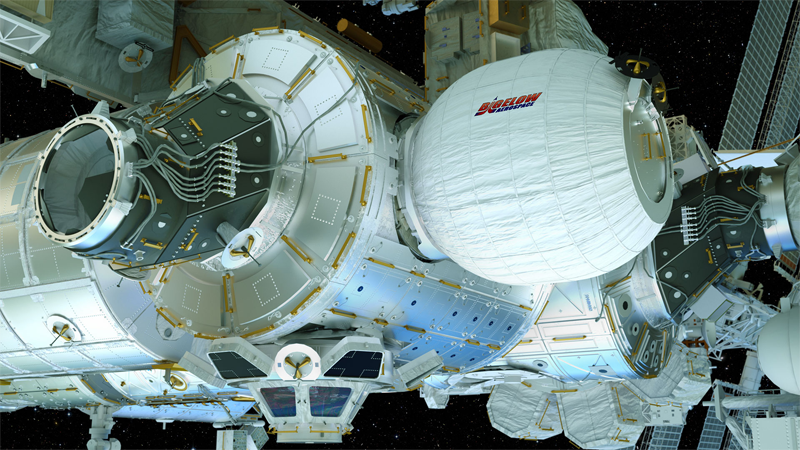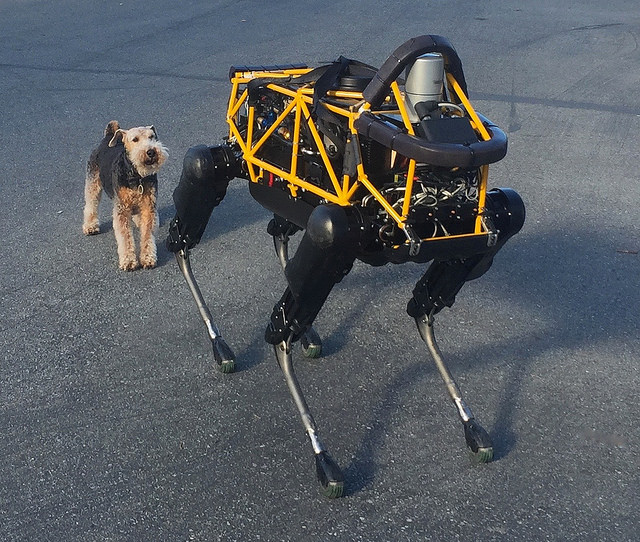Coming soon: the Tesla Model 3 | Photo: Tesla Motors
This week’s news can basically be titled “coming soon” — though some are coming sooner than others. Read on!
***
March 31: Tesla Model 3 Unveiling
In just eleven days we’ll get our first look at the Tesla Model 3 — its first attempt at an electric-vehicles-for-all model. The Verge is reporting that it’s intended to go toe-to-toe with the Chevy Bolt: The Model 3 is targeting $35,000 before rebates, and the Bolt is $30,000 after. Both should take you more than 200 miles on a single charge, which is much further than most Americans travel each day. Sure, even with the supercharger network it won’t get you across the country as conveniently as a gas-(or diesel-)powered vehicle some of which can go for nearly a thousand miles on a single tank, but for the daily slog — through rush hour, taking the kids to school, getting groceries, and still going out to dinner before tucking the car in for a long night’s charge — it’s going to perform perfectly. Though they won’t be taking orders until the official “release” (this is just the “unveiling,” remember), they’re still tracking 2017 for commercial deliveries. More from the Verge here.
April 8: Bigelow BEAM Launch

SpaceX has announced (and NASA has confirmed) that it’s targeting April 8 for the launch of it’s CRS-8 ISS resupply mission. Not only is it the first SpaceX ISS resupply mission since the unfortunate loss of CRS-7, but it’s also the launch of the first privately-made and marketed space habitation module. Made by Nevada-based Bigelow Aerospace, the BEAM (Bigelow Expandable Activity Module) is an inflatable, “soft-shell” module that will be attached to the ISS for a long-term test, to see how well it holds up over time. Made of a flexible material called Vectran, it should not only lower the weight-to-space ratio offered by the traditional metal modules, but it should also provide better radiation shielding and protection against micrometeorite strikes. Astronauts won’t be spending much time in it, though. For safety reasons, the module will be kept behind a closed airlock most of the time, with only limited access to take readings. PopSci has more on the module.
Soon(?): Alphabet Selling Boston Dynamics

It looks as though Alphabet (The Company Formerly Known As Google) may be about to sell the robotics company Boston Dynamics after owning it for not even four years. The reasons appear to be a mix of fit issues and marketing woes. According to Tech Times, the Google project dubbed Replicant — intended to use Boston Dynamics to get cheap robots to market — suffered from leadership issues and integration difficulties. On top of that, there are growing murmurs of negative PR from luddites worried about how “scary” Boston Dynamics’ robots are (and how they might “steal” human jobs), which seems to be driving part of the decision. If its lack of profitability is the reason for the coming sale, then I can understand, but if it’s about the way robots walking around looks to people who are scared of the future, I hope they’ll reconsider. Robots are the future, and all it takes is a little personality to turn them from “scary” to “hilarious,” as this video admirably demonstrates. Potential buyers include the robotics division of Toyota as well as Amazon, which already has a robotics division but probably wouldn’t mind mechanical workers for its warehouses. TechCrunch and the Verge have more.
ICYMI
In case you missed what else we got up to this week, here’s a quick rundown in handy point-form!
- On Monday, I gave you “Starfire Water” (aka water stirred with magnets) to cure all your ills (or not)
- On Tuesday, I decided Splenda wasn’t going to give me cancer any time soon (as far as we know)
- On Wednesday, I put on my “professional curmudgeon” hat and denounced cursive as obsolete
- On Thursday, I looked at a study suggesting IUD use lowers condom use, and
- On Friday, Lindsey looked at the double standard in disciplinary matters in academia, and made everyone reasonable angry
If you missed any of them, take a look!
Best of the Rest
And here you go: your weekly linkspam!
- After losing to Google’s AlphaGo, South Korea is investing millions in AI
- Jason-3 is finally where it needs to be and has begun its work thanks to a successful SpaceX launch months ago
- There’s been some brilliant success with targeted delivery of chemotherapy in mice
- Hendo is still making the best hoverboards (and I mean boards that actually hover), and
- A Soyuz has successfully delivered another two cosmonauts to the ISS, bringing the crew complement back to six
That’s all for this week. Remember, I only get paid in my own (and your) enthusiasm, so please like This Week In Tomorrow on Facebook, follow me on Twitter @TWITomorrow, and tell your friends about the site! Have a great week.

